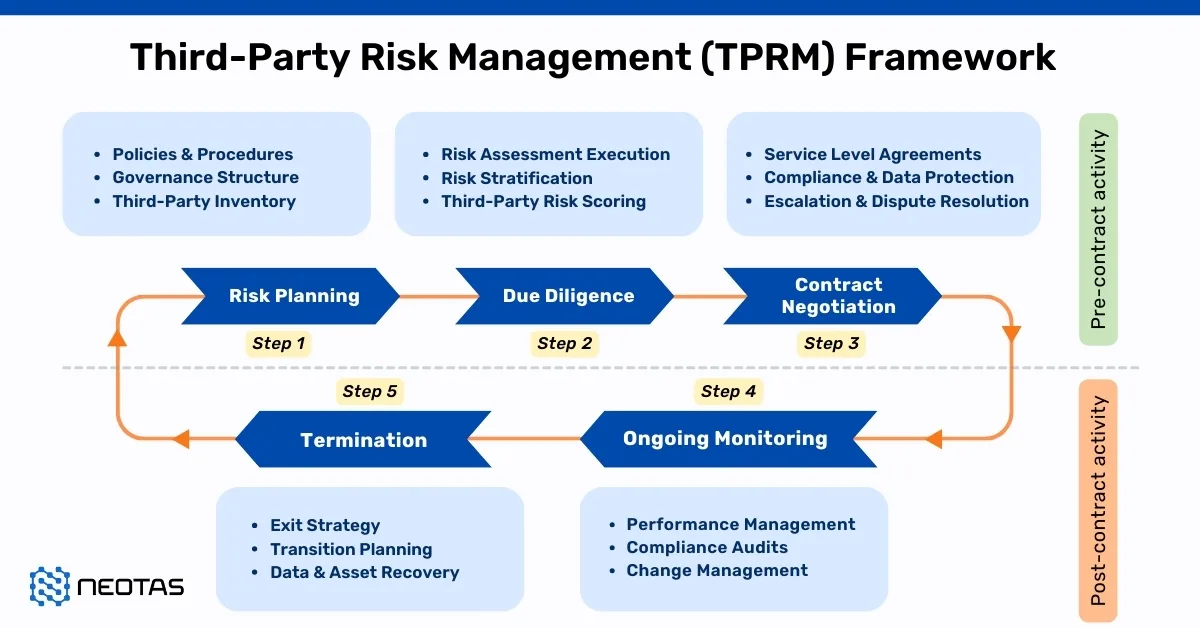With my office circling for a blog this week, I decided to bite and to put a different kind of fin in fintech. So here it is, a blog that I can really get my teeth into. No fin can stop me now. Oh this is about to be so bad…
This week is Shark Week and while it hasn’t yet crossed the Atlantic with the same enthusiasm, having lived and indulged in this fishy fiesta in the US for several years I started my week watching Jaws after work on Monday. A classic in my opinion but for the majority in our office, a film that has never been seen and that got me thinking. Firstly, why on earth have this generation never watched Jaws and secondly, just how far we’ve come since the 1975 movie scared a generation out of the water.
Rewinding to 1975, news was far from instant, Hollywood fuelled our nightmares and dreams and sharks were neither well understood nor respected. Building on this foundation and embracing the power of television as a medium of communication, the Discovery Channel launched its first shark week in 1988 devoted to conservation efforts and correcting misconceptions about sharks. The week gathered momentum and in 2000, six million 3D glasses were distributed to viewers in the US and Canada for an episode on Shark Week featuring an extinct giant 3D shark. For the 20th anniversary in 2007, Sharkrunners, a video game that uses GPS data from tagged sharks in the Pacific Ocean, was released. Ten years later, we watched Michael Phelps, Olympic champion, race an AI generated great white shark and now in its 30th year, shark week is broadcast in more than 70 countries and is live across social media globally (#sharkweek). Conservationists have over these 30 years embraced technology to its fullest in order to educate and inform the world. They understand that information is key to the preservation of species and that to ignore research or to have an uninformed population could potentially jeopardise the future of our oceans. It therefore surprises me that while conservationists have embraced the ‘information is power’ philosophy, Neotas’ operating domain in the financial sector are still struggling with the same ethos.
In an environment with plenty of threats, prey and predators, the financial industry has over the past decade received the Jaws treatment, due to which the mass population have lost faith and are apprehensive to get back into the water. The great white lies and gill-ty executives have led to a culture of distrust. Over time, this can only be resolved by ensuring that those in solitary leadership roles are fit and proper, and that the processes to achieve these are as clear as the sea. It is no longer enough to look at the surface to spot the threats. Instead institutions must begin to dive deep and to identify the behaviours and actions that smell fishy before they are bitten on the butt. Without hammer(head)ing the point home or the bask(ing) in our own glory, Neotas due diligence solutions can assist institutions to safety and while there may always be bigger fish to fry, we’re chomping at the bit as we begin to make waves with respect to the attitudes and opinions of the schools around us regarding due diligence.
-Jennifer Roderick



 New Whitepaper and Checklist
New Whitepaper and Checklist
























